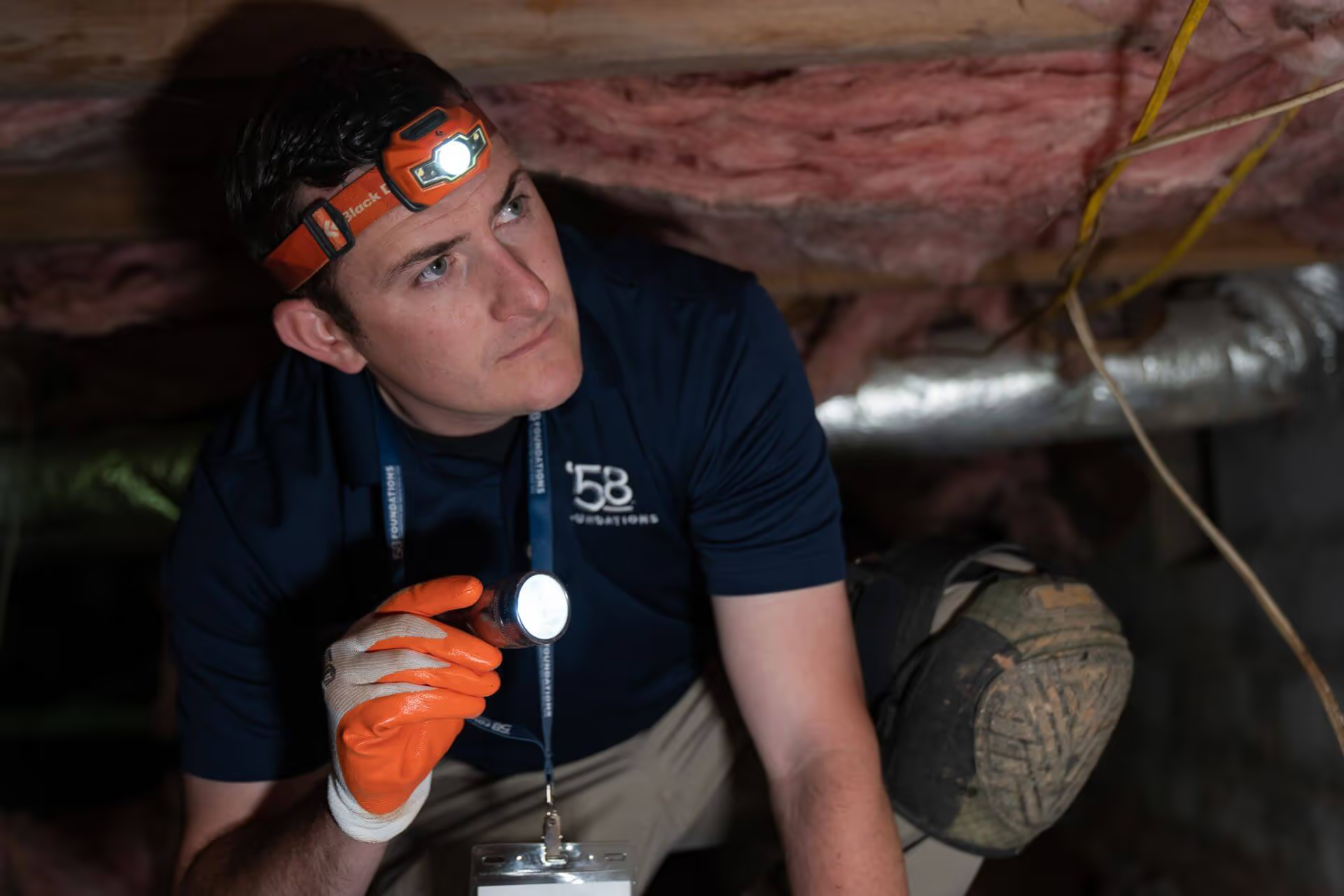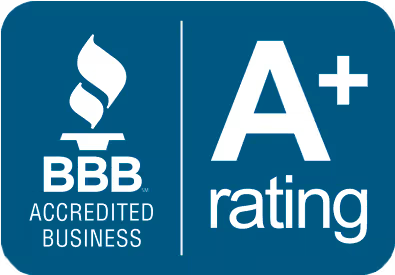
Summer brings heat, humidity, and sudden storms, and all of them can put pressure on your home’s structure. Crawl spaces and basements are especially vulnerable this time of year, and foundation issues can quietly worsen during long dry spells. If you're a homeowner in the Southeast or Mid-Atlantic, knowing how to protect your home during summer can prevent major repairs down the road.
When warm, humid air enters your crawl space, it doesn’t just feel uncomfortable; it creates the perfect environment for mold, mildew, and wood rot. That moisture condenses on cooler surfaces like ductwork, plumbing, and floor joists. Over time, this can damage your home’s structure and lead to air quality problems throughout the living space above.
If your crawl space isn’t sealed, summer is the season when you’ll feel the effects the most. A crawl space encapsulation provides a lasting solution by sealing out moisture and stabilizing the air inside. For homeowners in particularly humid areas, adding a professional-grade dehumidifier can further protect against damage.
Summer storms tend to be brief and intense, which can spell trouble for basements. When heavy rain hits, gutters and downspouts may not be able to carry water away quickly enough. The surrounding soil becomes saturated, and water begins finding its way inside through cracks, gaps, or unprotected foundation walls.
If your basement smells musty or you’ve noticed water stains, puddles, or damp walls after storms, your home may need more than just a quick cleanup. Installing a sump pump system or interior drain tile can keep water moving away from your foundation and out of your home before it becomes a larger problem.
It’s not just rain that creates risk in the summer; long dry periods can be just as damaging. When clay-rich soil dries out, it shrinks and pulls away from the foundation. That shift in support can cause sections of your foundation to settle unevenly, leading to cracks, warped door frames, and sloping floors.
These signs are often subtle at first but become worse over time. If caught early, foundation settlement can often be stabilized using helical or push piers. These systems anchor your home to solid ground below the shifting soil, preventing further movement.
A damp crawl space is an ideal habitat for pests during the summer. Rodents, insects, and other intruders are drawn to dark, humid areas, and if your crawl space is unsealed or cluttered, it becomes an easy target. Once they move in, they can damage insulation, wiring, and even structural components.
Encapsulation doesn’t just keep moisture out. It also blocks off entry points and removes the conditions that attract pests in the first place. A sealed crawl space is quieter, cleaner, and far less appealing to summer invaders.
When outdoor temperatures soar, most people shut their windows and run the AC full-time. But if the air in your crawl space or basement is full of moisture and mold spores, that air eventually ends up circulating through your home. Poor air quality isn’t always obvious, but it can trigger allergies, asthma, and fatigue, especially for families with young children or older adults.
The best defense is a combination of waterproofing and air control. Sealing the crawl space, addressing drainage issues, and using a dehumidifier help maintain healthier air throughout the house.
Don’t wait until the damage is done. ‘58 Foundations & Waterproofing offers free inspections and proven solutions to keep your crawl space, basement, and foundation protected year-round. Whether you’re seeing signs of moisture, cracks, or just want peace of mind, we’re here to help.
Call today to schedule your free inspection and stay ahead of summer’s hidden threats.






We respect your privacy. By submitting, you authorize '58 Foundations and Waterproofing to reach you via call, email or text for information about your project needs. We will never share your personal information with third parties for marketing purposes. You can opt out at any time. Message/data rates may apply. Consent is not a condition of purchase. Privacy Policy